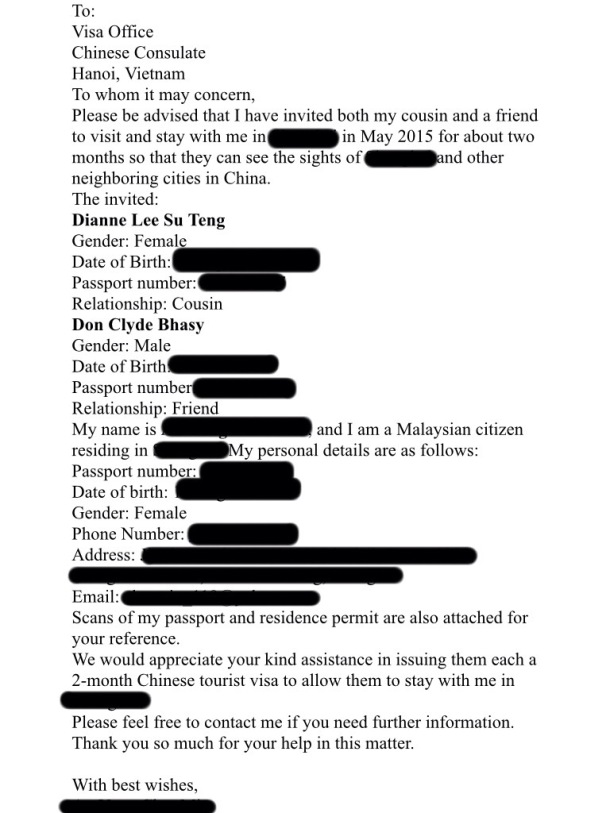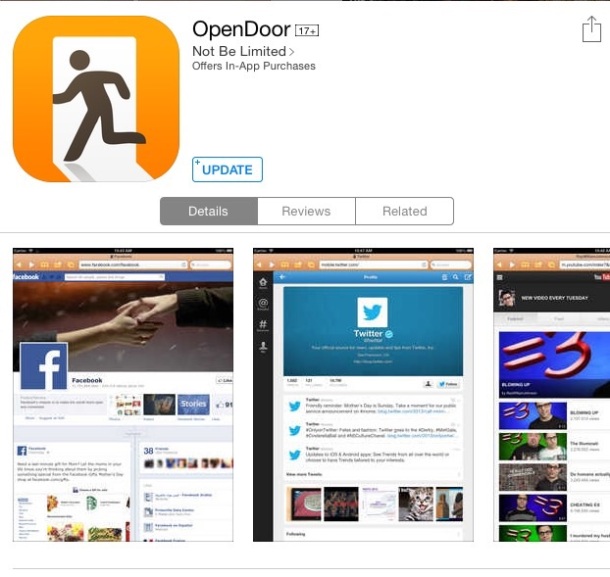With my China backlog now out of the way, i think it’s time i took a break from the Flashback Posts to offer some practical advice about traveling to and in China.
While i’m certainly no expert on the country, i’d like to think that i’ve learned a thing or two during my time there to be of some use to anyone planning to pay the People’s Republic a visit.
So here are my seven cents worth…
(It’s a long post, so i’ve decided to list the main topics down first, in case there’s one area you’re particularly interested in: 1. Visas 2. Internet 3. Lonely Planet 4. Hostels 5. Attraction 6. English 7. Race)
1. Visa Application
Dianne and I crossed into China by land from Vietnam, which is where we got our visas from. The China embassy in Vietnam is in Hanoi near the north of the country, but i’m sure the application process is more or less the same whichever embassy you visit.
Most of the websites we visited when researching the application process painted a pretty grim picture. Horror stories abound about China’s tedious tangle of red tape.
The reality though isn’t so bad, but you do need to prepare a little before visiting the embassy to make sure everything goes smoothly.
A regular China visa lasts 30 days, but it’s easy to get more (up to 60 days, i believe) by getting a letter of invitation from someone you know who lives in China, local or otherwise.
Dianne fortunately has family from Malaysia working in China, and so we asked them to help with the letter.
China is China though, so when drafting your letter, be sure to Google the correct format and include ALL the information China wants to see.
Here’s the letter that Dianne and i used. Note the photocopies of the inviter’s documents that you’ll need to attach.
Be specific and clear about your itinerary too in the application form you get from the embassy. The dates you write in the form determine how long a visa you’re granted. You don’t need to follow your itinerary once you’re in China, but be very specific and precise in your form.
You’ll also need proof of a hotel booking in order to get your visa application approved. Booking.com works just fine. Make a reservation that you can cancel later on for free.
The last thing you’ll need is details of your travel insurance. Dianne and I had this, but if you don’t, then i’ve heard that this is the one thing the Chinese embassies might be flexible about.
Other than the standard photocopies of your passports, i think that should cover it.
You might be thinking you can get away with cutting a few corners. Don’t.
The Application process goes through very smoothly if you’ve done your part properly, but the people behind the counters are strict if anything at all is not in order.
We’ve seen people at the embassy begging stone faced robots behind glass panels to let some little detail slide, but to no avail. Do your homework and come prepared.
2. Internet
I was shocked when i got into China just how much their version of the internet is censored.
In case you don’t know, anything Google related doesn’t work. That means Chrome is out, so get a new browser before you visit China.
Android’s Play Store is a no go too, so download any apps you need before you enter the country.
It’s not just this though. There are many random websites that won’t load up when requested. The world famous travel blog ClydeMeetsWorld, for example, is blocked.
People who plan on staying in China for a while sometimes pay for a VPN, which does the trick nicely. I don’t really know how this is done though, but there are lotsa sites with instructions.
There’s an easier solution though for iPad and iPhone users that i discovered.
Go to your Apple apps store, and look for the Open Door browser. It works like a charm, giving you full access to Fb and Google and everything else thats blocked on a regular browser.
Which is really great, because google translate helps quite well when youre trying to strike up a conversation with some of the local Chinese-speaking travelers you’re bound to meet at hostels everywhere.
3. Lonely Planet
I don’t use lonely planet, because i find it’s a lot more fun finding out where to go by talking to other travelers and locals.
But in case your a touter of the oh so popular popular travel guide, you should know that the China Lonely planet is banned in China. If you’re found carrying a copy while you cross into the country, it will be confiscated.
A common solution apparently is to simply tear off the covers. Apparently, that’s enough to bamboozle the authorities.
I don’t really know how exaggerated all of this is though, or how strict or thorough the authorities are in enforcing the rule, but it’s better to be safe than sorry i guess!
4. Hostels
It’s a pain getting cheap hostels in China. You see them everywhere, but you’re never allowed in.
China has many really cheap hostels that are meant only for local travelers. The vast majority of China’s tourism is local tourism, so this kinda makes sense, i guess.
These local hostels don’t have the permit required to house foreigners though, and so if you ask about a room at one of these places, you will inevitably get directed to a prominent but costly international hotel somewhere nearby.
In China, it pays to find out ahead of time where the relatively cheaper international backpacker hostels are.
A dorm bed in a typical international backpackers hostel costs about 20 Singapore dollars, which is about 14 USD. This is a bit of a pinch if you’re arriving from south east asia like we did.
There aren’t many international backpacker hostels though in most of the cities and towns you visit, and so, like is said, It pays to find out where they are beforehand, even if you are like me and prefer the more spontaneous “figure it out when we get there” approach.
Making bookings online in advance sometimes gets you cheaper rates too.
You can get the much cheaper local rooms if you’re in a small town though, where people aren’t too concerned about the cops. In Tongren and Dali, we were lucky that we got to stay at local rates, which was nice.
5. Attraction Fees
I’ve said this a few times before already, but it bears repeating. China’s attractions are expensive to visit!
We’re talking “40 or 50 USD to visit a park” expensive.
Many of the attractions aren’t worth the price when compared to the kinda stuff you can see for free in other countries.
Find out the cost of everywhere you plan on visiting before you actually go there.
6. English
English doesnt get you very far in China. Hardly anybody speaks it, and shop signs are almost entirely written in Chinese characters.
Pleco is a useful app that translates Chinese characters to English for you. All you have to do is draw the character out freehand as best you can, choose the correct character from the list that the app provides you, and read the translation.
I hardly used it during my time in China because i was lucky to have had Dianne with me. Her Chinese isn’t the best, but it got us by most of the time.
Dianne swears by the app though, and so if you try it and find out that it isn’t all that, blame her and not me.
7. Race
This is a bit of a touchy subject. China doesn’t get many foreign travelers, and so if you look obviously foreign, you’re bound to get stared at. A Lot!
The stares aren’t subtle. You’ll get looked out directly and unwaveringly. There’s no point staring back or giving the evil eye, because the locals don’t think they’re doing anything imappropriate.
It’s a little bit unnerving at first, but you learn to tolerate and dismiss it eventually.
Traveling while dark is a problem, especially in the cities. My own dark skin got me not only stares, but plenty of scowls and frowns too.
Things are a lot better for me in small towns, and especially in minority small towns, where you’ll get stared at too, but smile back and the locals will reward you with huge wide smiles of their own, glad that you’ve acknowledged their existence.
In the cities though, a smile back often earned me a scoff and an unfriendly look away. This widespread racism, particularly in the cities, was for me the worst part of my time in China, so be prepared if you’re black or brown.
And thats the last of my useful China tips. I don’t really feel that it’s right to end the post on such a dour note. I met many, many wonderful people in China, both Chinese and minority, foreign and local.
There’s a lot of beauty and grandeur in the country too, so don’t be put off by the horror stories you might have read. The country has much to offer!
I hope you’ve found the tips useful, or at the very least interesting. Feel free to ask in the comments if you think there’s anything else i can offer some insight on.
This is Clyde signing off!



